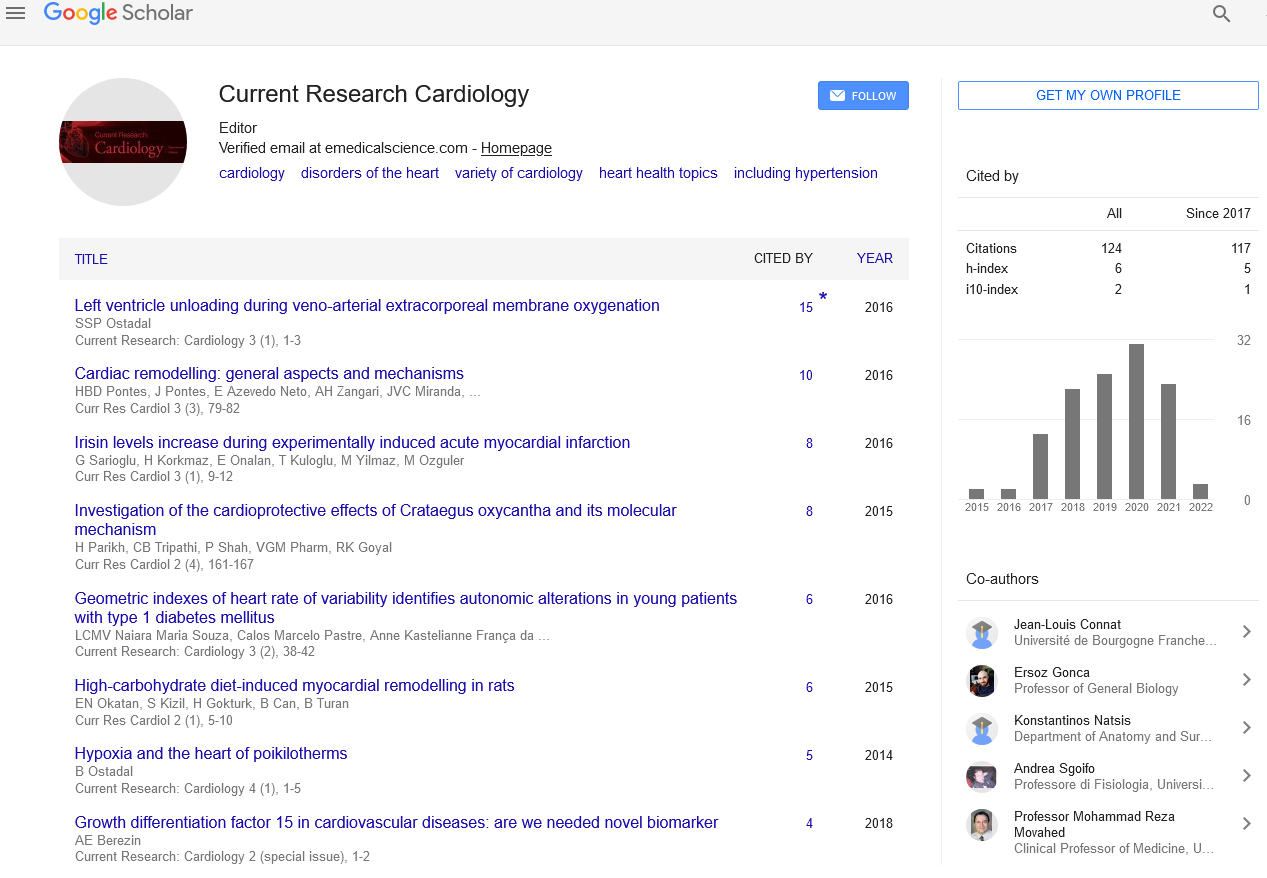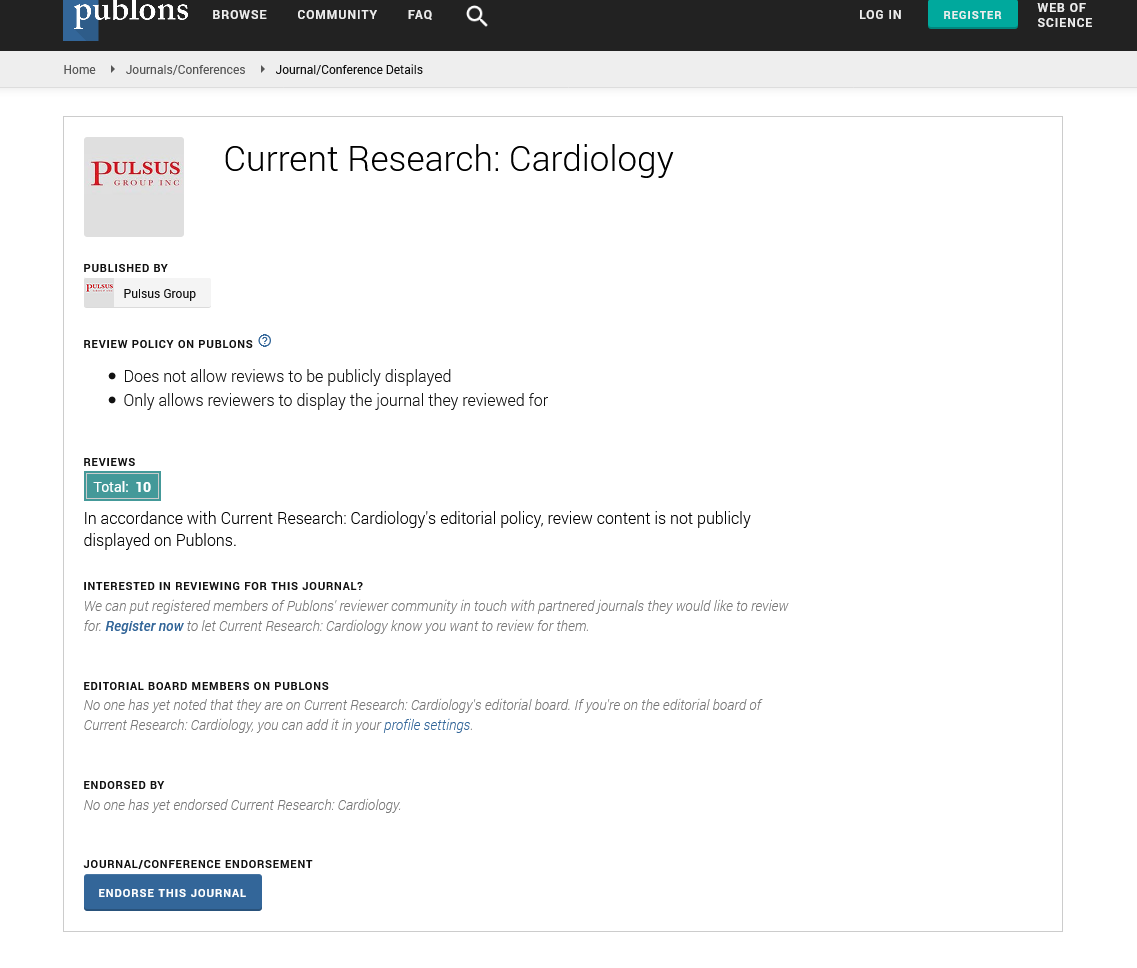Myocardial Ischemia
Myocardial ischemia means your heart muscle is not getting enough blood (which contains oxygen and nutrients) to work as it should. The most common symptom of myocardial ischemia is angina (also called angina pectoris). Angina is chest pain that is also described as chest discomfort, heaviness, tightness, pressure, aching, burning, numbness, fullness, or squeezing. It can feel like indigestion or heartburn. There are 2 types of angina: stable angina/stable coronary artery disease and unstable angina. Stable angina usually stops soon after you rest or take medication to control it. Unstable angina can happen at any time, even when you are relaxed or sleeping. It may not go away when you take medication. If you have angina or any of the symptoms of ischemia listed above that last for more than 5 minutes, CALL 9-1-1 RIGHT AWAY! You may be having a heart attack or have a coronary artery that is completely blocked. Ischemia is most likely to happen when your heart needs more oxygen and nutrients than it is getting. It is simply a supply-demand imbalance that happens at times when there is more demand for blood, such as when you are active, eating, excited, stressed or in the cold, and your body can’t keep up with the need for more blood.
High Impact List of Articles
-
Mixed tocopherols are better than alpha-tocopherol as anti-oxidantsas good as statins
Zufeng Ding, Tom GP Saldeen, Pankaj Mathur, MD and Jawahar L Mehta*Short communication: Current Research: Cardiology
-
Mixed tocopherols are better than alpha-tocopherol as anti-oxidantsas good as statins
Zufeng Ding, Tom GP Saldeen, Pankaj Mathur, MD and Jawahar L Mehta*Short communication: Current Research: Cardiology
-
Disorders of Ca2+ handling and cell-to-cell coupling are implicated in the development of acute heart failure in intact animal hearts: An ultrastructural study
Narcis Tribulova*, Vladimir Knezl, Barbara Szeiffova Bacova, Tamara Benova, Csilla Viczenczova, Eva Gonçalvesova and Jan SlezakOriginal Article: Current Research: Cardiology
-
Disorders of Ca2+ handling and cell-to-cell coupling are implicated in the development of acute heart failure in intact animal hearts: An ultrastructural study
Narcis Tribulova*, Vladimir Knezl, Barbara Szeiffova Bacova, Tamara Benova, Csilla Viczenczova, Eva Gonçalvesova and Jan SlezakOriginal Article: Current Research: Cardiology
-
Short-term effects of varenicline therapy on homogeneity of heart rate, atrioventricular conduction and ventricular repolarization
Yusuf Karavelioğlu, Hekim Karapınar, Macit Kalçık*, Zekeriya Küçükdurmaz, Sultan Ã?Â?zkurt and Taner SarakOriginal Article: Current Research: Cardiology
-
Short-term effects of varenicline therapy on homogeneity of heart rate, atrioventricular conduction and ventricular repolarization
Yusuf Karavelioğlu, Hekim Karapınar, Macit Kalçık*, Zekeriya Küçükdurmaz, Sultan Ã?Â?zkurt and Taner SarakOriginal Article: Current Research: Cardiology
-
Staged approach for the management of atrial septal defect in the presence of a small left ventricle and suprasystemic pulmonary pressure
Roie Tal, Yitzhack Schwartz and Avraham Lorber*Case Report: Current Research: Cardiology
-
Staged approach for the management of atrial septal defect in the presence of a small left ventricle and suprasystemic pulmonary pressure
Roie Tal, Yitzhack Schwartz and Avraham Lorber*Case Report: Current Research: Cardiology
-
Body mass index as a determinant of postoperative morbidity
Selami Gurkan*, Ozcan Gur, Demet Ozkaramanli Gur, Turan Ege, Suat Canbaz and Sahin IscanOriginal Article: Current Research: Cardiology
-
Body mass index as a determinant of postoperative morbidity
Selami Gurkan*, Ozcan Gur, Demet Ozkaramanli Gur, Turan Ege, Suat Canbaz and Sahin IscanOriginal Article: Current Research: Cardiology
Conference Proceedings
-
New immunomodulatory targets and next generation active immune checkpoint control immunotherapy
Jian NiScientificTracks Abstracts: Journal of Cancer & Metastasis Research
-
New immunomodulatory targets and next generation active immune checkpoint control immunotherapy
Jian NiScientificTracks Abstracts: Journal of Cancer & Metastasis Research
-
A non-dogmatic approach to chiropractic (A paradigm shift)
Mark J StyersPosters & Accepted Abstracts: Current Research: Integrative Medicine
-
A non-dogmatic approach to chiropractic (A paradigm shift)
Mark J StyersPosters & Accepted Abstracts: Current Research: Integrative Medicine
-
Hormonal contraception and the risk of breast cancer
Ojvind Lidegaard -
Hormonal contraception and the risk of breast cancer
Ojvind Lidegaard -
Development of autoimmune disease, a comprehensive approach to stabilization and arresting future progression
Tom O��?BryanPosters & Accepted Abstracts: Current Research: Integrative Medicine
-
Development of autoimmune disease, a comprehensive approach to stabilization and arresting future progression
Tom O��?BryanPosters & Accepted Abstracts: Current Research: Integrative Medicine
-
Changes in biomechanical and physical variables following six-week agility training among taekwondo players
AmrinderSinghScientificTracks Abstracts: Current Research: Integrative Medicine
-
Changes in biomechanical and physical variables following six-week agility training among taekwondo players
AmrinderSinghScientificTracks Abstracts: Current Research: Integrative Medicine





